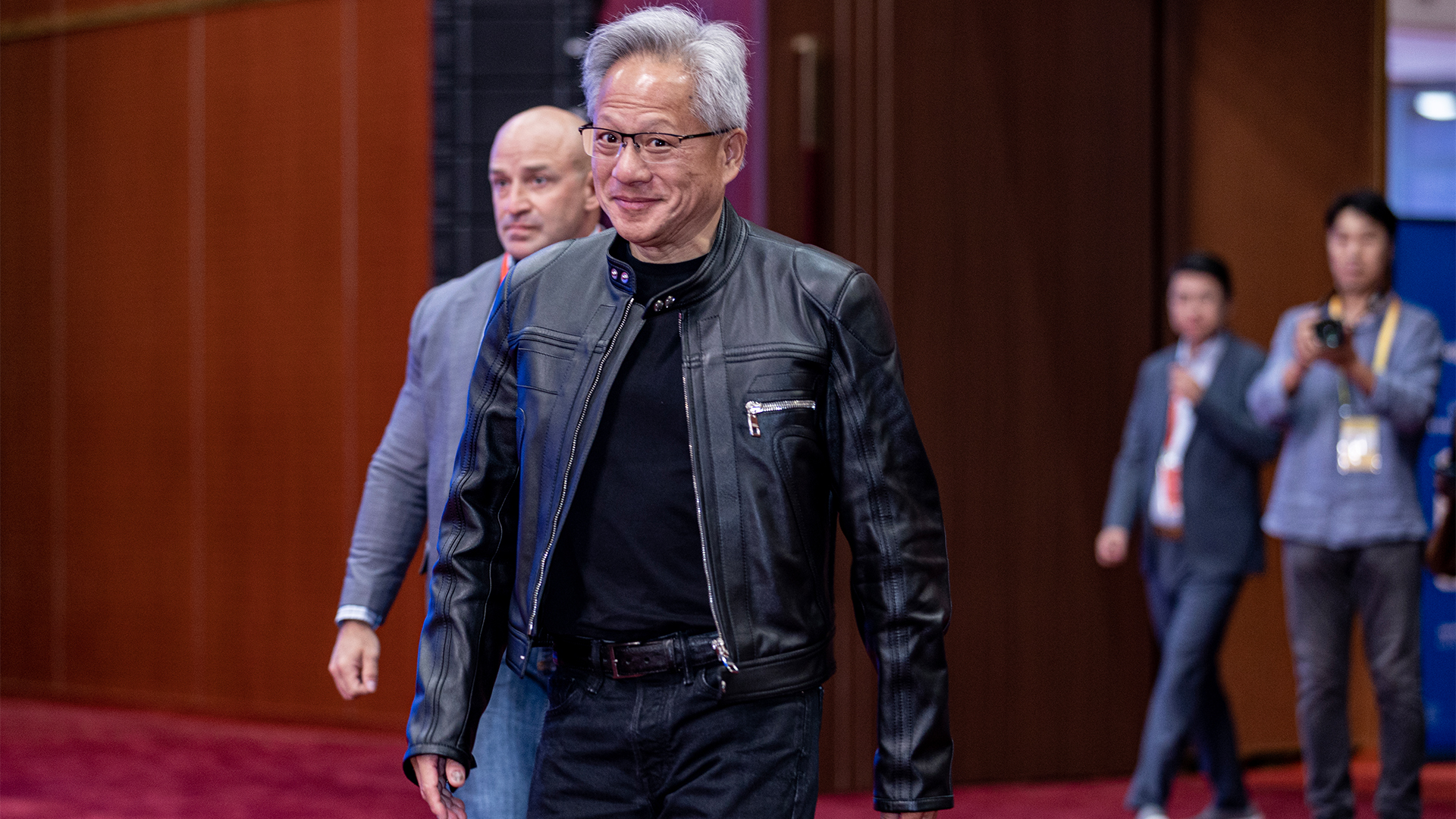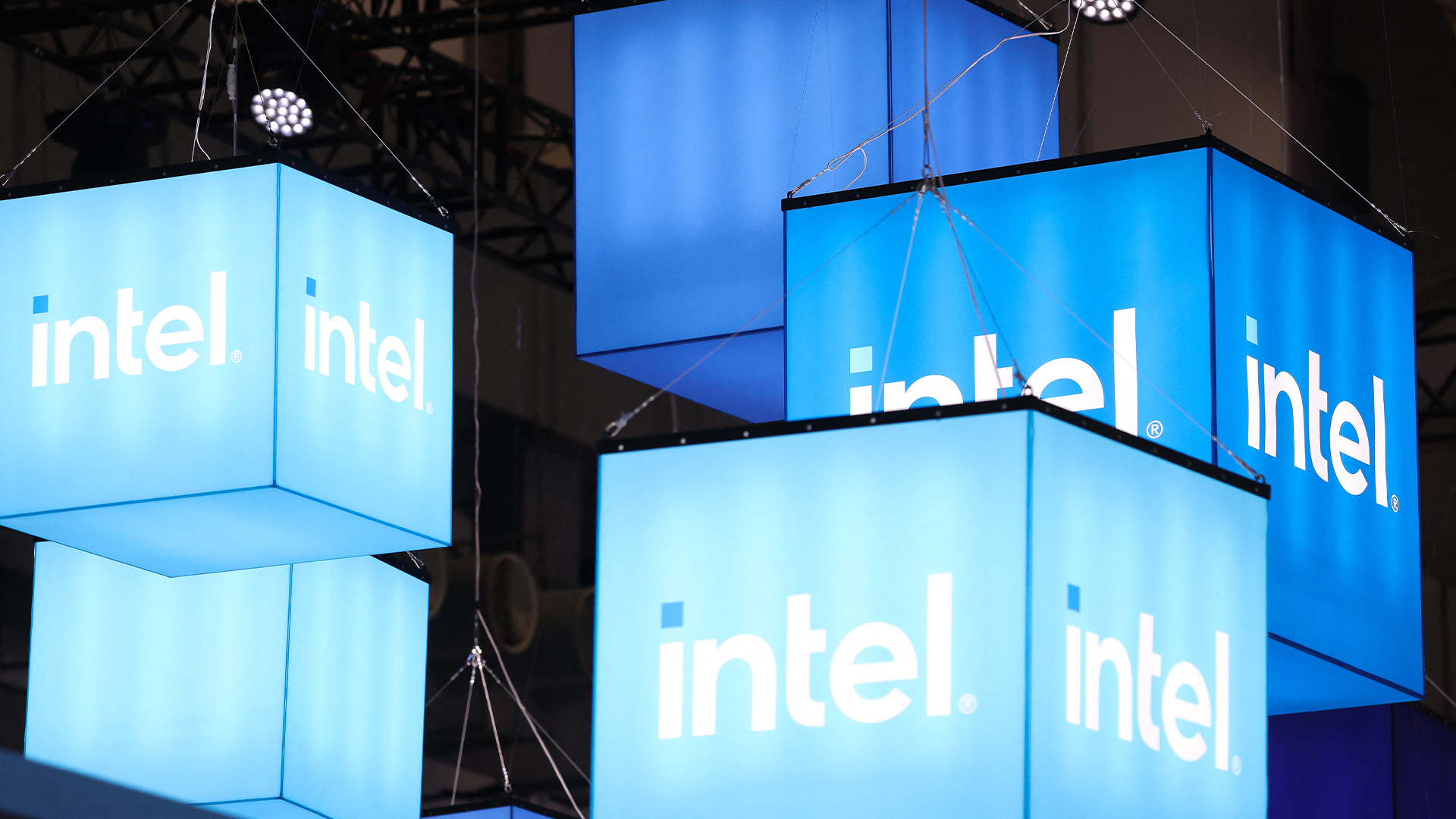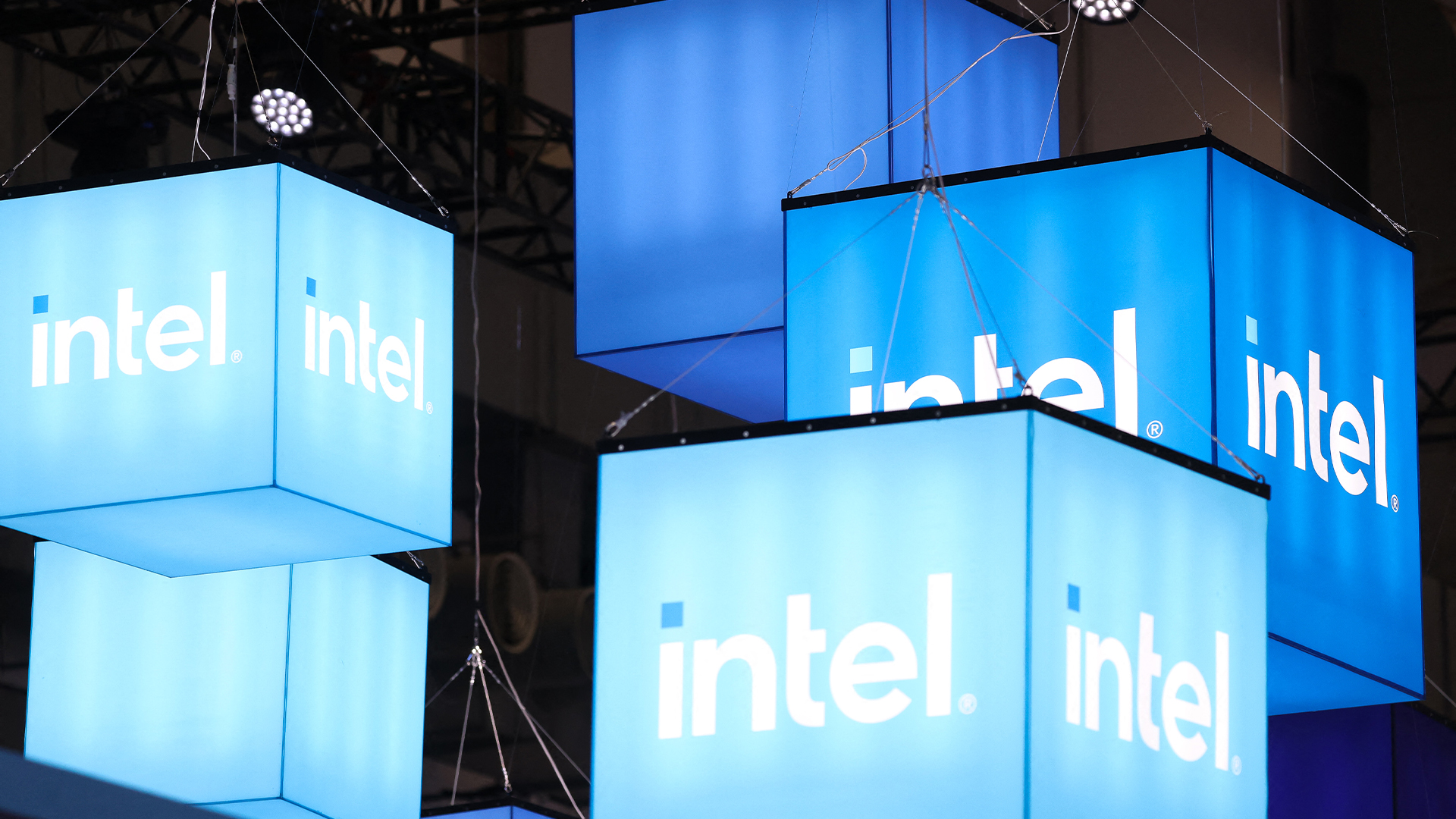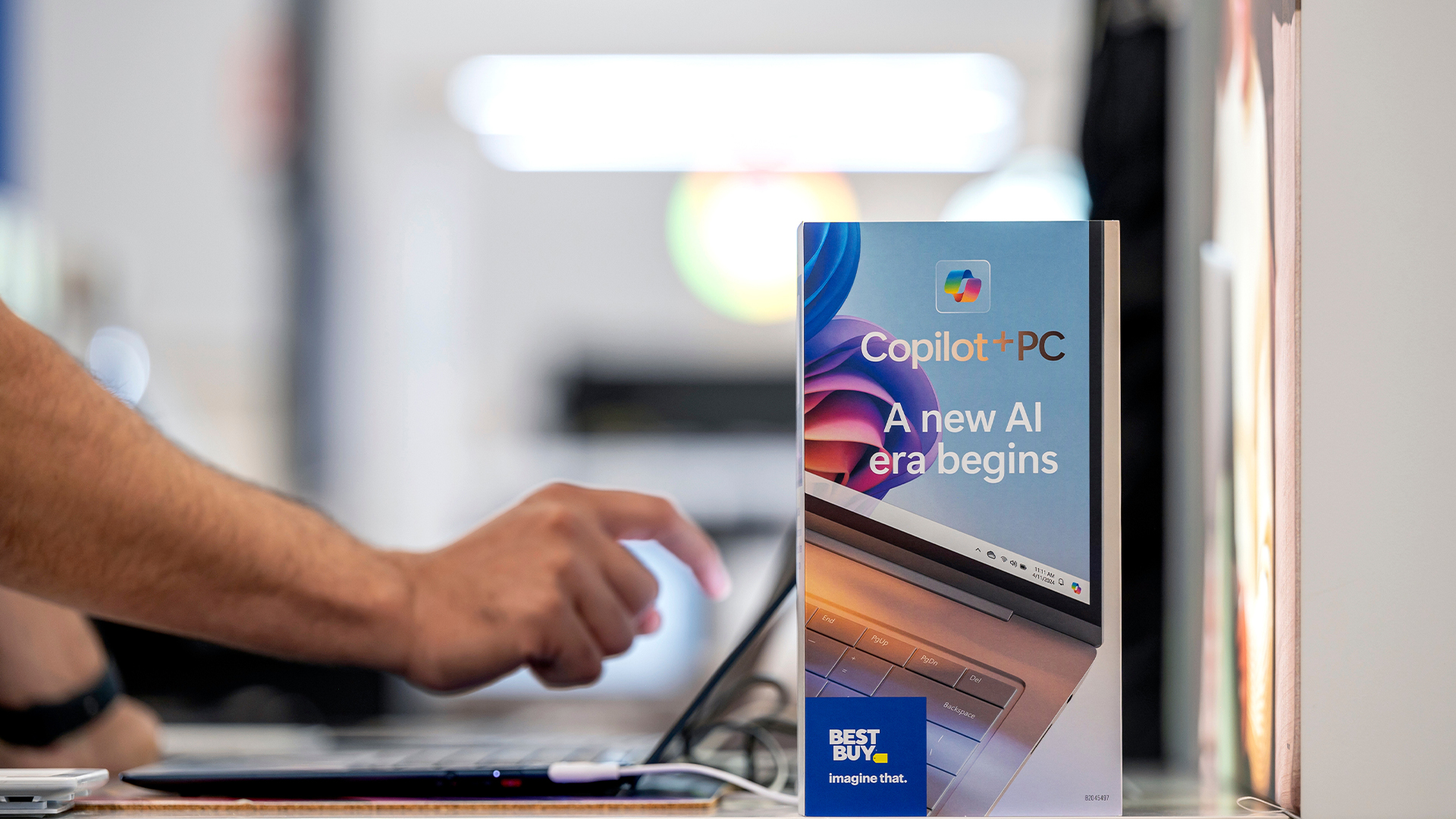Intel Atoms become a two-core family
Netbooks to get the power they need to compete.

Sign up today and you will receive a free copy of our Future Focus 2025 report - the leading guidance on AI, cybersecurity and other IT challenges as per 700+ senior executives
You are now subscribed
Your newsletter sign-up was successful
The multicore processor revolution has reached the netbook world, with Intel's release of a dual-core 1.5GHz Atom chip.
Lenovo appears to have been the first to jump in with an Atom N550 announcement for its IdeaPad S10-3 netbook but Asus, Fujitsu, LG, Samsung and Toshiba have been quick to follow.
The processor will be able to run applications faster and playback 720p video in netbooks as thin and light as previous models.
The downside with single core netbooks had been the lacklustre performance, overshadowed by multicore notebooks. The N550 still will not equal a notebook, but will look a lot better.
Eyes will not just be on the netbook market. They'll also be firmly focused on the threatened deluge of slate and convertible touch screen tablets. These could benefit massively from a faster, dual-core architecture.
Windows 7 may be set to gain the most from the extra horsepower as it is a heavier duty operating system than its competitors. The dual processing and wider application support of the N550 could offer future pen-based tablets an edge. It all depends on what the competition manages to do with the added capability.
Apart from its speed and low power consumption, the chip also supports DDR3 memory. Like the most recent Pine Trail Atom chips, this will provide a higher level of responsiveness and allow compatibility with a wider range of applications.
Sign up today and you will receive a free copy of our Future Focus 2025 report - the leading guidance on AI, cybersecurity and other IT challenges as per 700+ senior executives
The Atom range has proved to be a profitable move for Intel with about 70 million chips produced since 2008.
-
 AWS CEO Matt Garman isn’t convinced AI spells the end of the software industry
AWS CEO Matt Garman isn’t convinced AI spells the end of the software industryNews Software stocks have taken a beating in recent weeks, but AWS CEO Matt Garman has joined Nvidia's Jensen Huang and Databricks CEO Ali Ghodsi in pouring cold water on the AI-fueled hysteria.
-
 Deepfake business risks are growing
Deepfake business risks are growingIn-depth As the risk of being targeted by deepfakes increases, what should businesses be looking out for?
-
 Nvidia’s Intel investment just gave it the perfect inroad to lucrative new markets
Nvidia’s Intel investment just gave it the perfect inroad to lucrative new marketsNews Nvidia looks set to branch out into lucrative new markets following its $5 billion investment in Intel.
-
 The US government's Intel deal explained
The US government's Intel deal explainedNews The US government has taken a 10% stake in Intel – but what exactly does the deal mean for the ailing chipmaker?
-
 US government could take stake in Intel as chip giant's woes continue
US government could take stake in Intel as chip giant's woes continueNews The move would see increased support for Intel’s manufacturing operations
-
 Dell says Windows 11 migration is a prime opportunity to overhaul ageing PC fleets – and AI devices are in the spotlight
Dell says Windows 11 migration is a prime opportunity to overhaul ageing PC fleets – and AI devices are in the spotlightNews The shift to Windows 11 means IT leaders can ditch old tech and get their hands on AI PCs
-
 The gloves are off at Intel as new CEO plots major strategy shift
The gloves are off at Intel as new CEO plots major strategy shiftNews Intel’s incoming CEO has some big plans for the firm’s business strategy, sources familiar with the matter have told Reuters, with more job cuts looming on the horizon.
-
 Intel just won a 15-year legal battle against EU
Intel just won a 15-year legal battle against EUNews Ruled to have engaged in anti-competitive practices back in 2009, Intel has finally succeeded in overturning a record fine
-
 AMD and Intel’s new x86 advisory group looks to tackle Arm, but will it succeed?
AMD and Intel’s new x86 advisory group looks to tackle Arm, but will it succeed?News The pair will look to make x86 CPU architecture more interoperable
-
 Why the world is about to be swamped with AI PCs
Why the world is about to be swamped with AI PCsNews With adoption rates set to surge, AI PCs will become far more mainstream in years to come